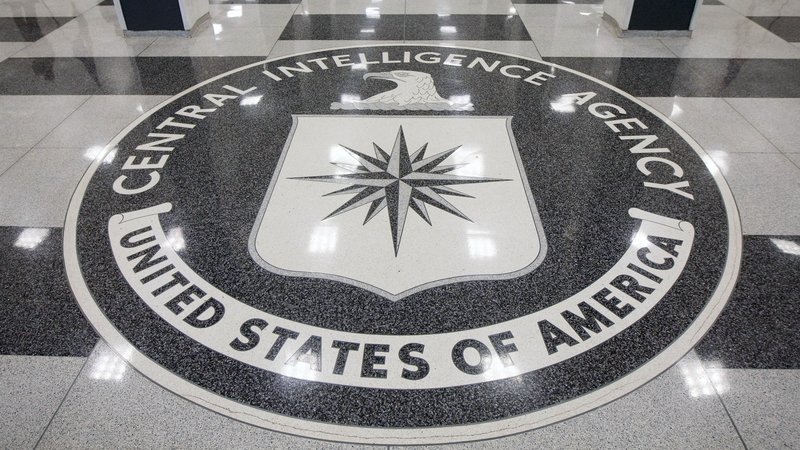
The Central Intelligence Agency (CIA) plans to diversify its applicant pools and reduce the long onboarding hiring process as the agency tries to revamp its hiring practices, an agency official said.
Juliane Gallina, the associate deputy director for the Directorate of Digital Innovation at the CIA, explained that the agency is working to open doors for more diverse candidates while also expediting the hiring process whenever possible. However, there are certain elements of the CIA’s hiring process that are difficult to change, such as the agency’s extensive security clearance process.
“We’re going to figure out how to get people fully employed in a much, much shorter timeframe. We’re talking orders of magnitude,” Gallina said at an Intelligence and National Security Alliance (INSA) event on Sept. 20.
“But we have to trust that the security process and background checks are also completed adequately [and] that we haven’t taken shortcuts, because we do ask our employees to have tremendous responsibilities to care for very sensitive data and missions, and to care for each other,” she added.
The CIA, like many Federal agencies, takes in the importance of increasing diversity, equity, inclusion, and accessibility (DEIA) in the workplace – a move propelled forward by the DEIA executive order signed by President Biden in June 2021.
Diversity in the intelligence community (IC) has increased in recent years. According to recent data from the Office of the Director of National Intelligence, the percentage of minorities increased from 26.5 percent to 27 percent, between 2019 and 2020, for the IC civilian workforce. In the same timeframe, the percentage of individuals with disabilities increased slightly, from 11.5 percent to 11.9 percent, while the percentage of women remained at 39.3 percent.
However, according to Gallina, there are still challenges in increasing DEIA in the IC within its processes for hiring and recruiting. To solve these challenges the CIA has taken on a hands-on approach, Gallina said.
For example, last year the CIA expanded its partnerships with historically Black colleges and universities, minority-serving institutions, and other affinity groups to try to diversify its recruiting pool.
“There’s a lot of focus on not just [the hiring process], but also helping to encourage the right people to apply,” Gallina said. “[We have] different channels for applications that didn’t exist before, different ways of actually going out and proactively looking for the right candidates and encouraging people to apply, [and] creating relationships with academic institutions,” Gallina said.
In addition to increasing diversity in its applicant pool, the CIA also plans to decrease the time between a candidate submitting a job application, and ultimately receiving a security clearance — which has historically deterred disadvantaged minority applicants, who may not have the means to wait that long for a security clearance.
The plan, Gallina explained, is to decrease the clearance process from 600 days to 180 days.
“I think the median hiring time will have dropped by orders of magnitude by this December,” Gallina said.
